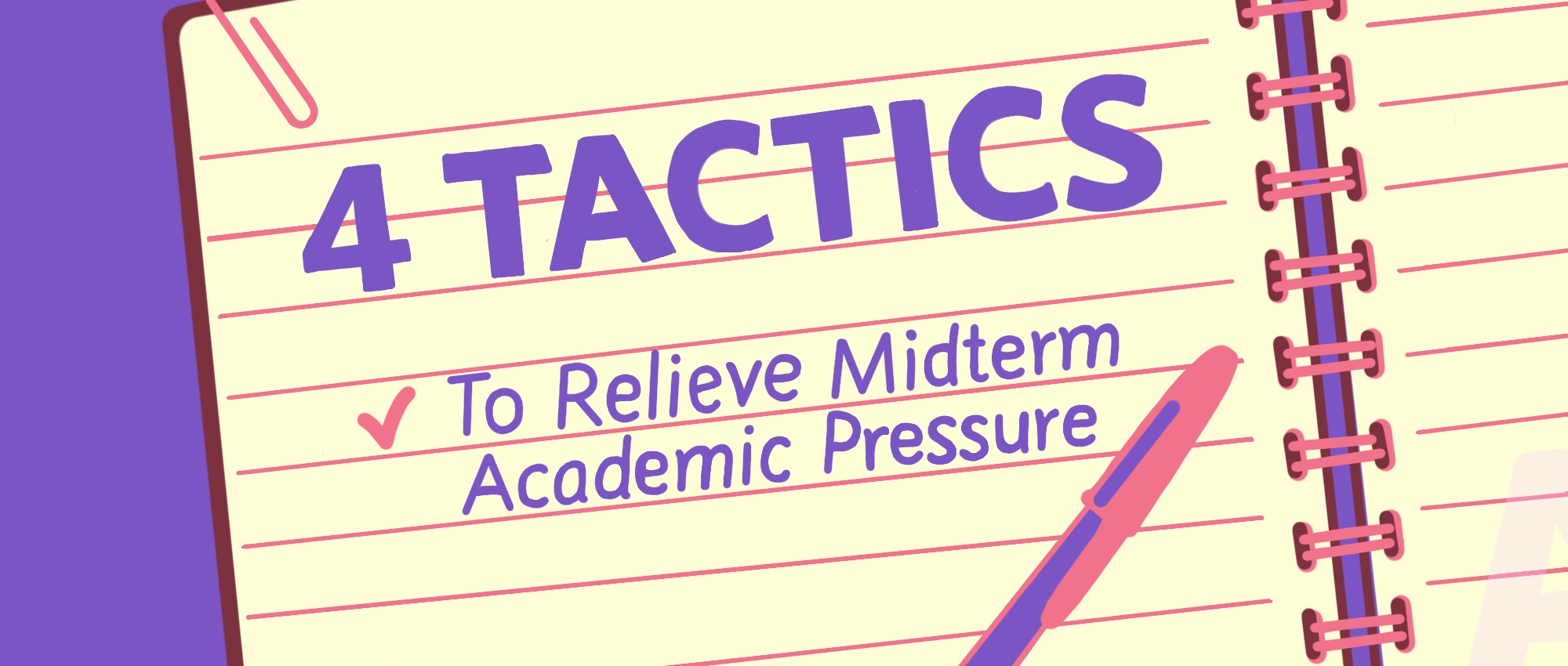

If you’re joining UBC Arts as a transfer student from another post-secondary institution, you might be wondering how your previous courses will apply to your degree. Arts Academic Advisor Khalid Ahmed shares his advice to help you feel more confident as you plan your courses when you have university-level transfer credits.
To graduate with a Bachelor of Arts, you’ll need to complete a minimum of 120 credits, half of which (60 credits) must be completed while you’re registered as a student in the Faculty of Arts. That means you can transfer a maximum of 60 credits, and you’ll need to complete the remaining 60 credits through UBC Arts courses (including in-person, online or Go Global exchange).
Tips for your first year at UBC
Transferring from one institution to another can feel overwhelming, especially when academic systems can be different from one institution to another. If you’re looking for advice on adjusting to campus life, building community, or navigating the transition, check out this blog with insights from former transfer students.
As you begin your first term, I recommend registering for a course load that feels manageable to you. What’s manageable will depend on your personal responsibilities, schedule, and comfort level. For most students, a full-time course load is five courses (15 credits) per term, but you only need to take three courses (9 credits) per term to maintain full-time student status.
It’s also worth exploring opportunities to get involved beyond the classroom. Programs like Work Learn, Arts Co-op, Go Global and undergraduate research or directed studies can help you apply what you’re learning, build new skills, and gain valuable experience toward future academic or career goals.
Should I declare a major before registration?
All Bachelor of Arts students will need to complete a Major, Honours, or Interdisciplinary Studies (IDST) Program in order to graduate.
If you are entering UBC as a third-year transfer student, you should declare or apply for your major or honours program before registration. If you’re entering in second-year you can also choose to self-declare a major on Workday, or apply for a competitive major (either now or in a future term, depending on the program’s application timeline).
It is important to register for both Term 1 and 2 courses during your assigned registration period. Registration opens for the full Winter Session at once, so if you only register for one term, you might miss out on courses that fill up quickly. Even if you’re still deciding on your full course plan, registering now gives you more flexibility later. You can make changes to your registration up until the add/drop deadline.
How do I choose a major?
As a transfer student, you may already have a major in mind, or you might still be deciding on the path that’s right for you. With over 90 program options available to Arts students, it’s a good idea to review your options and check whether programs you’re considering require an application.
Some majors are competitive and have a formal application process, while others can be declared directly through Workday. You can check the Program Options list to see whether a program requires an application. If it does, you will see “application required” beside “how to apply.”
If you’re weighing different options or want help understanding your next steps, speak with an Arts Academic Advisor for guidance.
What happens if I don’t get into the major I want or miss the deadline for application?
Even if you arrive at UBC with a major in mind, it’s a good idea to research one or two other majors as “parallel” plans. Exploring alternatives can help you identify topics of interest that meet elective requirements and may even lead to a second major or a minor.
If you miss the application deadline for a competitive major, you can temporarily declare a different major and then contact the program office to ask about applying at a later date.
Where do I find my post-secondary transfer credits?
Once UBC Admissions has reviewed your official transcripts, your transfer credits will appear in your Applicant Service Centre (ASC) profile. Later on, they will be posted on Workday, too.
Keep in mind that transfer credits may not appear on the ASC until you’ve accepted your offer. To get an idea of how your previously completed courses might transfer to UBC before they are officially posted, use the BC Transfer Guide.
You’ll also be able to see how transfer credits apply to your degree completion by using your Academic Progress Report (APR) in Workday.
What’s the difference between General and Specific Transfer Credit?
General Credit means that the course has no UBC equivalent. You’ll see these listed in your ASC or Academic Progress Report as something like: “ENG 1st” or “PSYC 2nd.”
General Credits can be applied towards elective requirements, but they usually don’t apply automatically to your program requirements.
If you feel that the course you completed elsewhere is similar to a required UBC course for a particular program (major, minor, or honours), bring the syllabus from your completed course to the corresponding department at UBC to inquire whether the credit can be used in place of the UBC course.
Specific Credit means the course has a direct UBC equivalent. You’ll see it listed with a UBC course code in your ASC or Academic Progress report. For example: “WRDS 150_V.”
Specific Credits can be used towards your program (Major, Minor, or honours), faculty-wide degree requirements, or as electives. They also let you register in more advanced courses in the same subject, since UBC recognizes the prerequisites as fulfilled.
How do I course plan with transfer credits?
The best way to see how your transfer credits apply towards your Arts degree is by reviewing your personalized Academic Progress Report (APR) in Workday.
Transfer Credit courses will be marked with a “TR” in your report, and will show how they have been applied toward your program and degree requirements.
Check program requirements with yourAcademic Progress Report
Your Academic Progress Report will tell you which transfer credit courses (if any) apply to your specific program, such as your intended major or minor. It outlines which program requirements have been fulfilled, as well as the courses you still need to take at UBC to complete your program.
Check degree requirements with your Academic Progress Report
Your APR also shows which degree requirements, like the Writing Requirement, may already be fulfilled through your transfer credits. Make sure to review your report carefully before registration to avoid repeating courses you’ve already completed elsewhere.
If the “Writing component” in your APR is marked as satisfied, it means your transfer credit has fulfilled the requirement.
If you are a third-year transfer student and still need to complete the Writing Requirement, I recommend registering for WRDS 350_V in your first term. It also counts as an upper-level course.
If you are a second-year transfer student and still need to complete the requirement, you can take WRDS 151_V or English 100_V.
You can also double-check your Writing Component status through the ASC. If your transfer credit is listed as “ENG 1st” or “WRCM 1st”, the requirement has not been fulfilled. If it's listed as “WRDS 151_V or WRDS 150_V”, it has been fulfilled.
All transfer students will have to fulfill the Research Component of the Writing and Research requirement, as it is part of your major.
The Ways of Knowing Breadth requirement will empower you to engage with diverse subject areas and disciplines so that you can design a personalized program of study.
High school transfer credits can count towards your Ways of Knowing Breadth Areas.
There are three more requirements to be aware of as you work towards your degree completion, these include:
- Arts Credit Minimum: You must take a minimum of 72 credits of courses offered by the Faculty of Arts. See details and exceptions.
- Upper-Level Requirement: You’ll need a certain number of upper-level credits (courses numbered 300 and above), depending on whether you’re completing a major, honours, double major or double honours program. See details.
- Outside Requirement: You must complete a minimum number of credits outside the field of study of your Honours, Major or IDST program. See details.
I already have an undergraduate degree. Will I be able to use transfer credit towards my Arts degree?
If you’ve already completed an undergraduate degree, transfer credits from your first degree do not apply to your second one. However, some requirements may be waived depending on the courses you’ve already completed.
If you’re pursuing a second degree, I recommend booking an appointment with Arts Advising to review your specific situation. Please note, the Research Component is still mandatory for all second degree students.
Still have questions about how your transfer credits apply to your UBC Arts degree? Arts Academic Advising is here to support you. Whether you’re navigating the Academic Progress Report, planning your next steps, or figuring out how your previous studies fit into your new program, you can meet with an advisor to get one-on-one guidance.


Khalid Ahmed graduated from SOAS University of London with an MSc in Globalisation and Development. He has been an Arts Academic Advisor since 2020 and enjoys helping students explore a holistic university experience.


